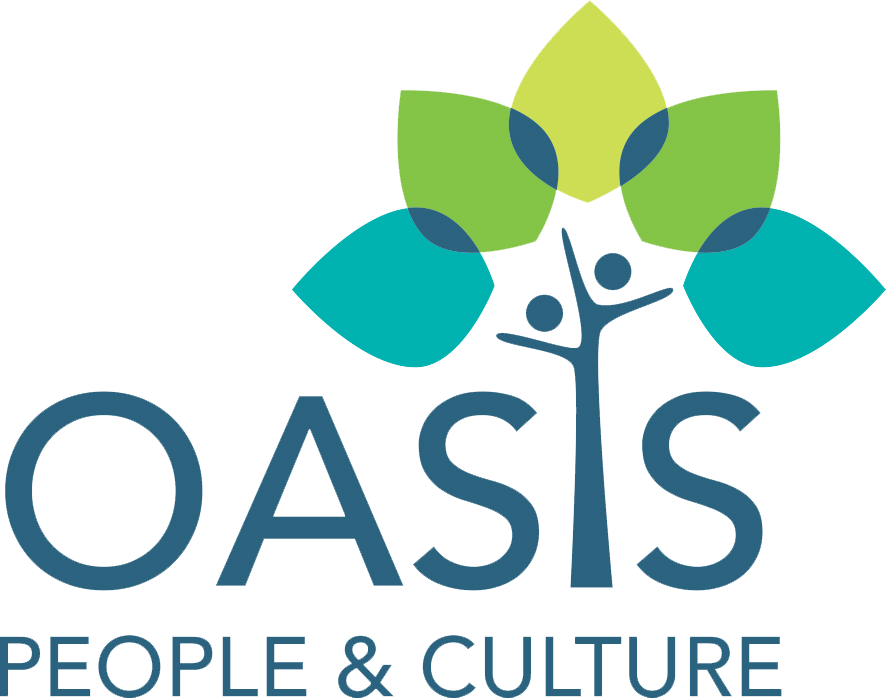Many of our clients have had an experience of the Enneagram Tool through Oasis People and Culture.
Given the level of pressure we are all operating under right now, we thought it would be helpful to point you to 4 particular points of reference from this tool to help you process what you or others might be experiencing (Let us know if you can’t locate it and we will resend it to you - if you haven’t engaged with this insightful and helpful development tool, then make contact with me today!)
We are noticing a significant disruption to the flow of normal healthy relationships. There has never been a time in my life when I have known a world so full of people under pressure and stress. I am one of them! Psychologists will quickly tell you that as human beings, we change when we experience pressure, …our personalities, behaviours and actions show up differently. Maybe you have already noticed this in yourself. Maybe you don’t see it in yourself, but others might notice it as recipients of your interactions with them.
As complex emotional beings, it is unrealistic to think this can be reduced to a single explanation. The Enneagram is a tapestry of language and patterns that provide insight and greater awareness to a range of things that might be happening for you during this challenging time. Here are 4 concepts in the Enneagram that might give you some clues about what could be going on for you right now:
FROM INTEGRATION TO DISINTEGRATION
Integration relates to our level of self-mastery, self-awareness and how much we can see our blind-spots. As we integrate, we become more conscious of our type and are able to choose our responses to situations better. Therefore, under strain and stress, we tend to disintegrate and revert to more instinctive, reactive and “auto-pilot” responses giving less thought and skill to our conscious, thoughtful and deliberate actions and behaviours.
Report Reference: Self-Awareness and Integration (pages 16-17 of your Integrative Pro Enneagram Report)
THE SHADOW SIDE
Each of our dominant types have a capacity for displaying wonderful gifts AND displaying an unhealthy side. This is when we operate out of our core fears, get fixated on our concerns and what we think we need to address them. As a result of this, the imbalance we can experience living out of our dominant type can produce some dysfunction in the way we act and behave. This may not serve our relationships well.
Report Reference: Type Weaknesses and Challenges (page 9 of your Integrative Pro Enneagram Report)
LINES OF STRESS (OR STRETCH)
The lines across the Enneagram provide a rich and complex learning opportunity. One of the two lines that extend from your dominant type represents a “line of stress (or stretch)”. A phenomena observed in the Enneagram research is that under pressure we begin taking on the qualities and attributes of another particular type. This can be an important wake up call for us that something is not right.
Report Reference: The Enneagram Lines of Release and Stretch (page 23 of your Integrative Pro Enneagram Report)
OUR WINGS
The wings are the neighbours to your dominant type (ie. the number on the left and right of your type). Whilst our wings have the potential to give us access to a wider array of qualities from the neighbouring types, as we disintegrate (ie under strain) we can also bring the less helpful qualities of the neighbouring types. I personally have noticed myself “leaning into” one of my wings recently. I am a #9 and usually fairly chilled and slow to act in my response. I have observed myself becoming far more assertive and #8-like in the way I have been responding in some of my relationships. This is unusual for me and is a surprise to others also.
Report Reference: Wing Influences (page 15 of your Integrative Pro Enneagram Report)
SOMETHING SIMPLE TO ACT ON:
Re-visit your report and review the relevant page/s on one of these four concepts (It may also be useful to choose one development exercise to help a new insight stick)
Identify a courageous conversation with someone whom you might need to initiate a commitment or action, demonstrate care or mend a relationship with
Father Richard Rohr recently wrote in a blog post:
“We are in the midst of a highly teachable moment”.
What can we discover about ourselves that gives us potential to become more than we have been for the benefit of ourselves and those we love and engage with?


